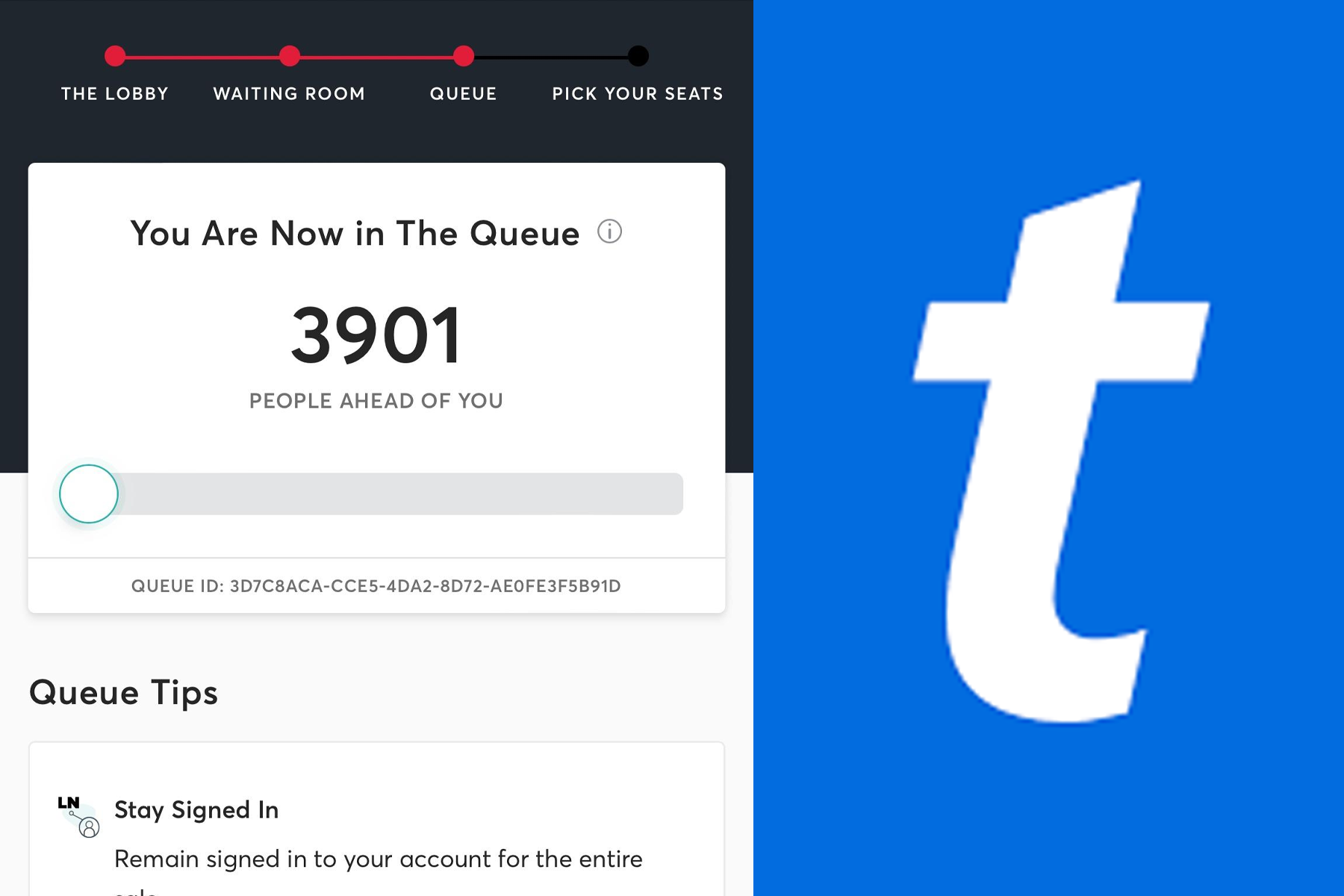The state of concert-going in 2025 seems to be worse than ever.
It always starts the same: your favorite artist announces a tour. Hopefully they’re coming to Canada and maybe there’s a night in Toronto, Montreal or even Buffalo. You sign up for fan pre-sale, hoping to have a code appear in your inbox the night before the big day.
You wait by your laptop with anticipation hoping to get a good spot in the queue. Once it’s your turn to shop, there are one of two outcomes: the venue is already sold out or surge pricing has destroyed any hope of an affordable seat. Hours of refreshing, checking emails and anticipation all to end up ticketless or broke. You start to wonder: was it always this hard to see live music?
Ticketmaster
Ticketmaster has been called predatory for years and nothing has changed. The company’s revenue is derived from fees — venue, service, processing and delivery fees — on top of the face value of the ticket. A 2018 U.S. Government Accountability Office report found that primary ticket fees average 27 per cent of a ticket’s cost.
Worse, Ticketmaster’s pursuit of fees has led them to incentivize scalpers. In 2018, the Toronto Star revealed that the company was incentivizing ticket brokers to use its Trade Desk software when bulk buying tickets. This software aids resellers in listing scalped tickets on resale sites like Ticketmaster. Each resell through Ticketmaster means additional service fees, doubling profits by forcing the fan to pay twice.
In 2024, as a response to the Taylor Swift Ticketmaster controversy, the U.S. Department of Justice sought an antitrust lawsuit, accusing Live Nation — Ticketmaster’s parent company — of illegally monopolizing the live event market. Calls to break up the company followed, though fans are still left with a broken system.
The artist’s complicity
Blaming Ticketmaster alone won’t solve the issue; artists and promoters also shape your ticket buying experience. Together, they set the price or “face value” for tickets and choose whether to use dynamic pricing and platinum tickets — regular tickets whose prices adjust in real time based on supply and demand and other factors. Superstars like Taylor Swift or Beyoncé have the final say in those decisions but smaller artists are not afforded the same choice.
For The Eras Tour, Swift chose not to use dynamic pricing; same goes for Ariana Grande whose tickets for The Eternal Sunshine Tour went on sale earlier this month. However, acts like Coldplay, Bruce Springsteen and Oasis opted into the strategy.
Some artists have successfully used more fan focused systems. Pearl Jam, Billie Eilish, The Cure and Neil Young all used “face value exchange:” a system that locks resell prices for tickets at the original price they were purchased for, while making tickets non-transferable. This ruins scalpers’ chances of making a profit or selling on a different site but allowing every artist and promoter to use it would threaten Ticketmaster’s profits.
Scalpers and resellers: old villains, new tricks
Scalpers aren’t new, but the digital age has seen them grow into full scale enterprises.
Although Ticketmaster’s bot detection algorithm Verified Fan promises to make it impossible for scalpers to use bots when buying tickets, scalpers can still use hundreds of accounts to buy up large sections of tickets and resell them at higher prices. If brokers use Ticketmaster to resell, Ticketmaster further lines their pockets. So, there’s no incentive to further crack down on this issue.
To make things worse, brokers get a better deal than a regular fan reselling through Ticketmaster. A fan looking to resell their ticket would have to pay a 7 per cent service fee but a broker using the Trade Desk software has that fee reduced to 3 per cent, according to The Toronto Star.
––
Fans are trapped in a system where Ticketmaster, artists, promoters and scalpers all profit at their expense. Although use of face value exchange is growing, the instances of the system in use are exceptions, not the rule. All the while, social media continues to glamorize tours, endlessly making them all feel like a once in a lifetime experience worth any price.
The result? Ticket buying is broken on every level. Ticketmaster exploits fans, artists are either too small or too greedy, resellers are allowed to thrive and still we pay.

